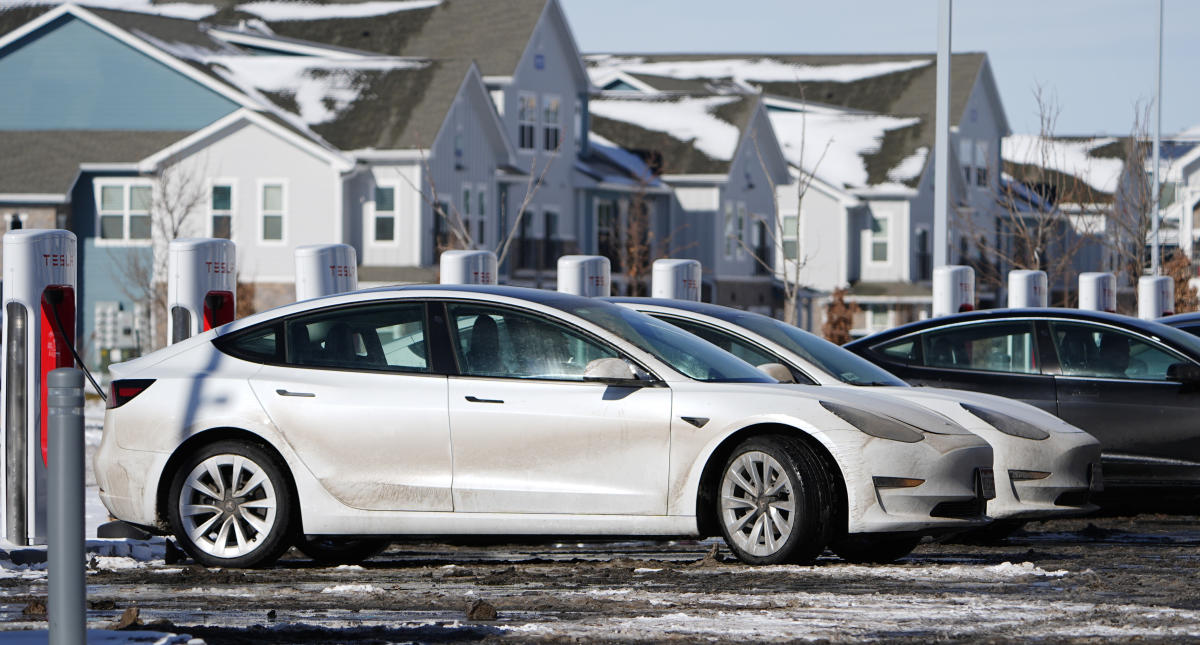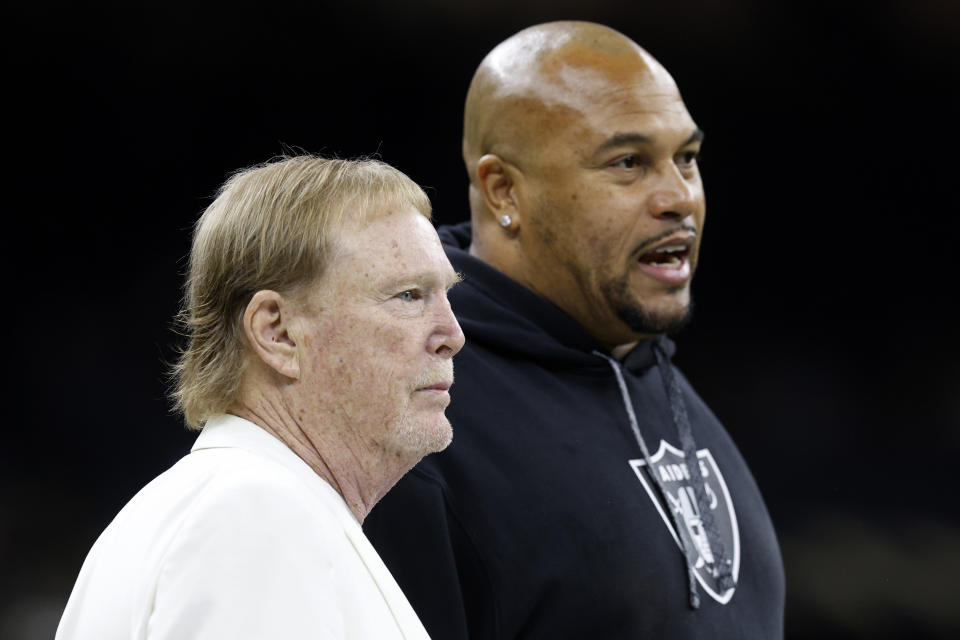It’s been a tough Tuesday, so far, for Tesla (TSLA).
In a note to clients, Bank of America analyst John Murphy downgraded Tesla to Neutral from Buy, claiming that most of the EV maker’s upside has been recognized since the firm upgraded shares back in April of last year. Since then, Tesla shares are up over 60%, though most of that run-up has come after President Trump’s election win in November.
Tesla shares were down 4% in late trading.
Murphy, though, boosted his price target to $490 from $400, but with some caveats.
“While this still implies upside, execution risk is high and TSLA is trading at a level that captures much of our base case [long-term] potential from core autos, robotaxi, Optimus, and energy generation & storage,” Murphy wrote.
From a core autos standpoint, Murphy sees Tesla pushing its share of the auto market to 5% globally in the long term, making it a top 10 automaker. Tesla’s upside: the ongoing trend toward electrification, Tesla’s lower cost structure compared to other automakers, and technological edge with software features like full self-driving.
In addition, new vehicles will expand Tesla’s total addressable market or maximum revenue opportunity available, which is something that’s needed for more impactful growth beyond product refreshes. Murphy expects Tesla to launch its lower-cost vehicle in the first half of 2025 in addition to another new model coming later this year.
Murphy is most bullish on the robotaxi launch, which he sees as being worth $420 billion in the US alone. “This reflects our assumption that TSLA could achieve a meaningfully lower cost per mile than Uber, Lyft and taxis, enabling it to price aggressively, expand the total addressable market, and also achieve a meaningfully higher profit per mile,” he wrote.
The risk? Execution. In addition to expanding robotaxi testing and releasing the service on time without major hiccups, Tesla will also have to roll out new products in 2025 on time, scale the robotaxi division without cannibalizing its full self-driving software business, deal with Chinese EV competition, and negotiate an uncertain regulatory framework both in the US and abroad — all while EVs face demand weakness.
Possible upsides: the licensing of self-driving software, tech breakthroughs by Tesla, and possibility of additional federal or state incentives.
Left unsaid by Murphy is the impact of CEO Elon Musk’s close relationship with President-elect Donald Trump, which could help the automaker secure a favorable regulatory environment. Earlier on Tuesday, for example, NHTSA opened a safety investigation into Tesla’s Actually Smart Summon autonomous feature — an investigation that could be limited if a more Tesla-friendly administration is in control.
EMEA Tribune is not involved in this news article, it is taken from our partners and or from the News Agencies. Copyright and Credit go to the News Agencies, email news@emeatribune.com Follow our WhatsApp verified Channel




